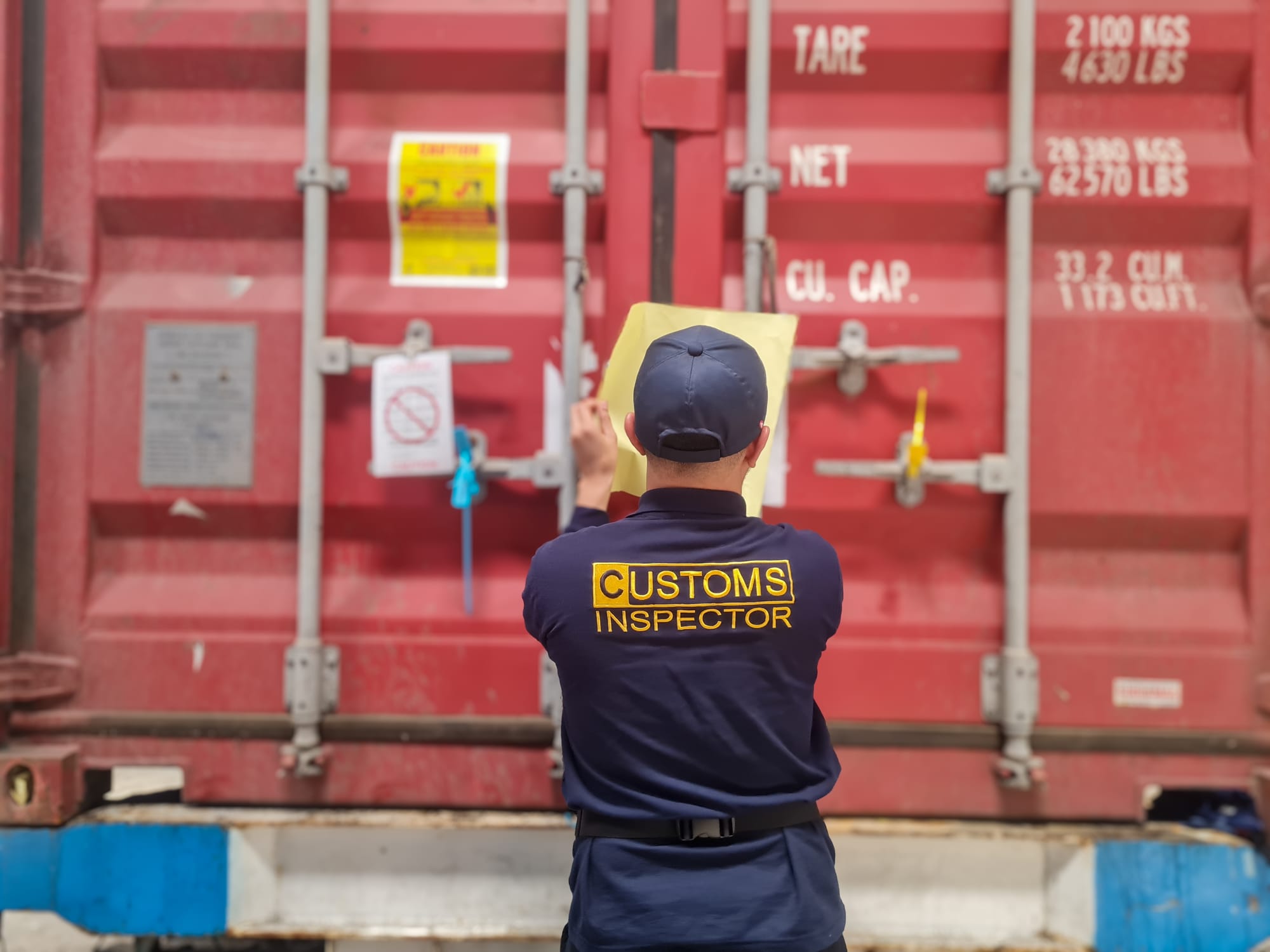Advancing the Professionalism of Customs: Key themes and take-aways

On 3 April 2025, the CCES Community Network hosted a webinar on Advancing the Professionalism of Customs. The panelists included:
• Professor David Widdowson, CEO Centre for Customs and Excise Studies
• Syed Moinuddin MBE, Lead adviser on customs mutual assistance frameworks with HM Customs & Revenue.
• Asha Menon, Vice President of Global Customs Regulatory Affairs at DHL Express.
The key themes and take-aways are outlined below.
1. PICARD Standards
• The PICARD Standards were last updated in 2019 and since that time considerable changes have occurred across the industry. The World Customs Organization (WCO) is committed to updating the standards in consultation with partners and stakeholders.
• The International Network of Customs Universities (INCU) is in discussion with the WCO in relation to hosting a Conference towards the end of 2025. This will help to re-establish future PICARD Conferences.
2. Customs as Ambassadors
• Customs administrations hold a privileged position. They hold valuable information assets, engage with a wide-range of stakeholders, maintain a cross-government and international perspective, and have a focus on building organisational capability in relation to the implementation of international conventions and multilateral agreements. There is a recognition that stronger outcomes can be achieved if customs administrations were better able to shape and influence policy and regulation as well as operational implementation.
• Customs officials hold dual roles - as ambassadors for the role of customs with the private sector and in engaging and collaborating with other government departments.
• It is imperative that the expanding scope of Custom's role and responsibilities are better understood. Customs officials have the knowledge and therefore the responsibility to educate their colleagues and partners.
• The UN Sustainability Development Goals (SDG) and Green Customs initiative are examples of where Customs can assume a leadership role, drawing on their knowledge and experience, inter-governmental relationships and understanding of multilateral agreements and conventions to assist other agencies and organisations navigate the ‘green’ transition.
3. Knowledge gaps
• It is unrealistic for any one Customs officer to know everything, but it is essential that they have understanding of their strategic and operational context including their obligations to government, international commitments (e.g., WCO instruments), and emerging trade dynamics.
• Gaps in knowledge are not just inconvenient they can be dangerous. Misunderstandings or misapplications of policy can cause friction, delays, and even legal or reputational risks.
• Customs officers must proactively seek to bridge these gaps through regular learning, exposure to real-world trade operations, and structured engagement with the private sector.
• Collaborative learning (e.g., joint trainings, industry site visits, or reverse mentoring) can equip officers with the practical insights needed to apply policy effectively and fairly.
4. Collaborative capacity
• Technical competence and expertise are the dominant capability paradigm within customs. While such a paradigm is essential to customs work, exclusive emphasis may mean that capabilities for other aspects, which are important to overall performance such as leadership, collaboration, stakeholder engagement may be underserved.
• Several successful examples of industry collaboration including co-design and co-creation were shared with attendees including between Express industry and the US Customs and Border Protection (CBP) in relation to Standard Procedures for Preloading Advance Cargo Information (PLACI) and the WCO/ABF Supply Chain Integrity Project.
5. Rapidly changing business context
• Customs officers demonstrate impressive levels of passion, commitment, and professional dedication to their work. This commitment is, however being tested by the volume and urgency of work, the rapidly evolving strategic and business context, technology shifts and stakeholder demands.
• The panel referenced rapidly changing business models such as e-commerce and B2B2C distribution channels and the regulatory and compliance challenges they posed for industry. Industry stakeholders are often required to meet unrealistic timeframes i.e. mandatory reporting requirements set by Customs which require paperwork/books for goods received to be submitted by industry stakeholders 48hours before arriving in port.
6. Artificial intelligence (AI)
• AI offers significant benefits as well as concerns for the work of customs administrations.
• AI tools have the potential to ‘suck up’ substantial amounts of corporate information and create an over reliance on their functionality to the extent that customs administrations find internal knowledge and capability depleted.
• AI tools can, with appropriate human intervention and oversight provide tremendous upside and introduce greater efficiency including in terms of their ability to process significant volumes of data and manage compliance obligations.
• Customs administrations need to recognise the opportunities and threats associated with AI for their organisation and engage their workforce in training to ensure appropriate, ethical, and efficient use of AI.